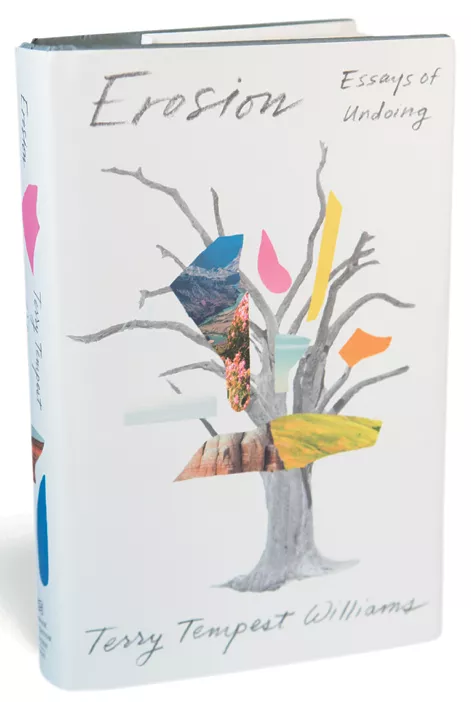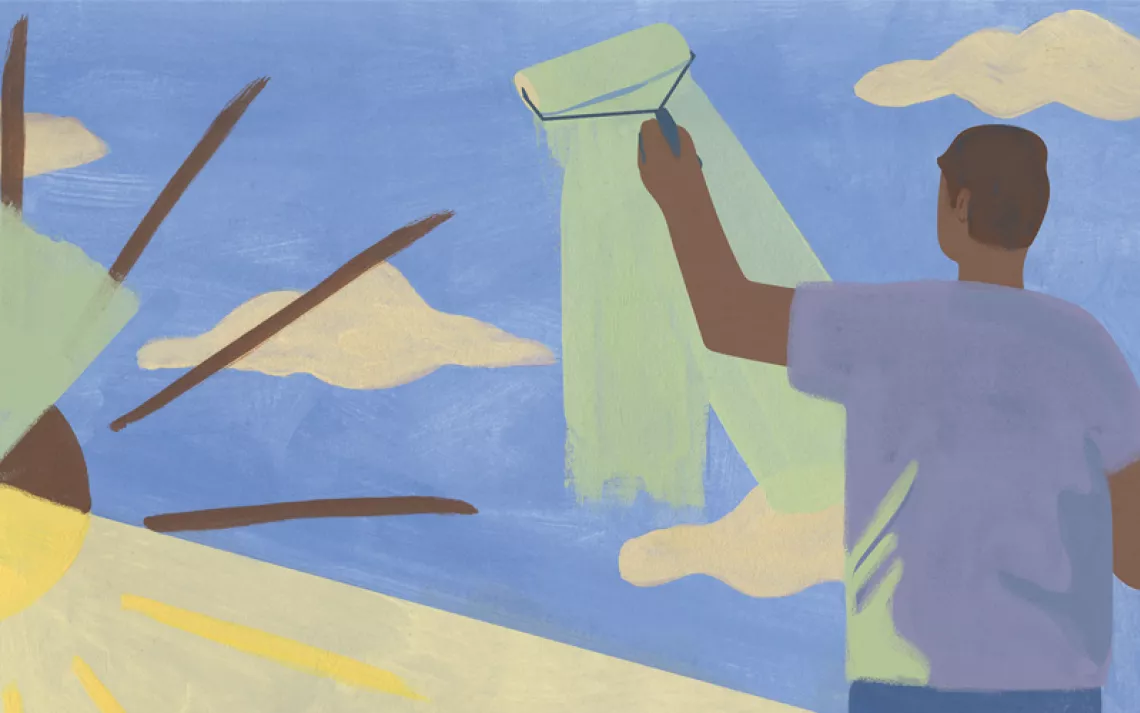"Erosion" Is a Dance Between Despair and Resistance
Terry Tempest Williams's new book of essays chronicles environmental and personal losses

"What if the survival of the fittest is the survival of compassion?" Terry Tempest Williams's newest collection of essays, Erosion: Essays of Undoing (Farrar, Straus, and Giroux; 2019), is a plea for a tender fierceness driven by the love of a disappearing world. Williams beckons us to a circle of testimonies in which "animals bear witness to a changing world, a changing climate." She writes, "The fate of the pronghorn is our own."
From the art installation of a circle of bones in "The Council of Pronghorn" to the haunting "The Questions Held by Owls," Williams measures the wealth of an industrialized Wyoming against a "sky of stars now noticeably obscured." In exchange for making possible 24-hours-a-day electricity to power our lights, gas and oil industries pollute the air and poison the water. The experiences of animals expose the threats of an altered Earth. Nonetheless, Williams avoids a habit of many environmental writers, who mourn the loss of nonhuman beings without acknowledging how human lives are inextricably entwined with their fate.
Throughout, Erosion feels as intimate as a diary. "Every day, I feel the barrage of bullets I am trying to duck," Williams writes, "the hate speech coming out of the White House; the injustices perpetuated repeatedly against black people, brown people, and Native people; and the war being waged against wildlife and our public lands." The essays, including personal meditations on her brother's suicide, are a dance between despair and resistance, yet the call for compassion remains clear.
This article appeared in the November/December 2019 edition with the headline "After the Undoing."
 The Magazine of The Sierra Club
The Magazine of The Sierra Club



